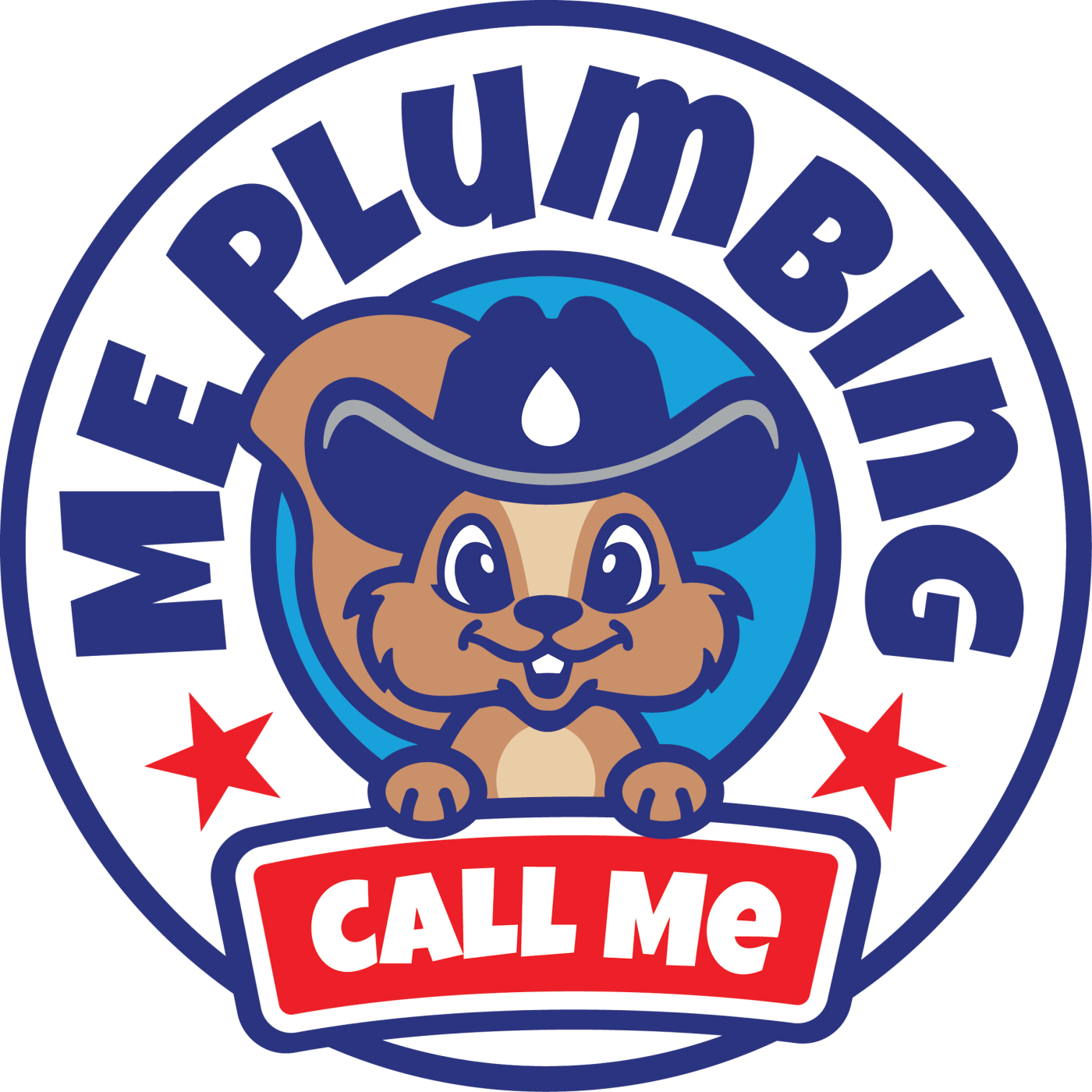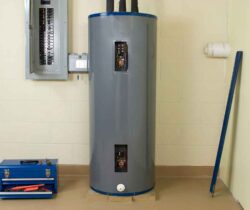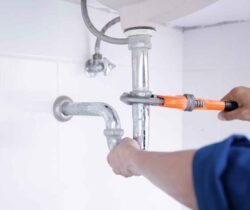Why Regular Plumbing Maintenance Can Save You Thousands in Repairs
What Regular Plumbing Maintenance Includes
A well-maintained plumbing system runs quietly, efficiently, and without surprises. Regular maintenance is about more than fixing leaks—it’s about preventing them before they start. Professional plumbers perform a thorough inspection and cleaning to make sure every part of your system is working properly. Here are some key parts of regular plumbing maintenance:- Leak Detection: Checking pipes, joints, and fixtures for hidden leaks that could cause structural damage or increase your water bill.
- Water Pressure Testing: Ensuring that pressure levels are within a safe range to prevent strain on pipes and appliances.
- Drain and Pipe Cleaning: Removing buildup from sinks, showers, and sewer lines to avoid slow drains and backups.
- Water Heater Service: Flushing the tank, inspecting the anode rod, and checking temperature settings to maintain performance and efficiency.
- Fixture and Appliance Check: Inspecting faucets, toilets, dishwashers, and washing machines for signs of wear, leaks, or mineral buildup.
- Camera Inspections: Using specialized equipment to examine underground or hard-to-reach pipes for cracks, corrosion, or blockages.
Common Plumbing Problems That Regular Maintenance Prevents
Regular plumbing maintenance is designed to catch small issues before they turn into major headaches. By scheduling inspections and cleanings, homeowners can prevent some of the most common and costly plumbing problems. Here are a few issues that routine maintenance helps avoid:- Hidden Leaks: Tiny leaks behind walls or under floors can waste gallons of water each day and lead to expensive structural damage or mold growth.
- Clogged or Slow Drains: Hair, grease, and debris buildup can cause recurring blockages that eventually lead to backups or pipe damage.
- Water Heater Failure: Sediment accumulation inside the tank reduces efficiency and can cause premature failure if not flushed regularly.
- Corroded or Aging Pipes: Over time, metal pipes can rust or weaken, increasing the risk of bursts and leaks. Early detection helps prevent costly water damage.
- Sewer Line Issues: Tree root intrusion or buildup in the main line can lead to slow drains, bad odors, and sewage backups if not inspected and cleaned regularly.
The True Cost of Neglecting Plumbing Maintenance
Ignoring your plumbing system may seem harmless at first, but small, unnoticed issues can quickly grow into major and expensive problems. The cost of repairing damage from leaks, clogs, or bursts often far exceeds what regular maintenance would have cost to prevent them. Here are some of the hidden expenses that come from skipping routine plumbing care:- Water Damage Repairs: Even a slow leak can soak walls, floors, or cabinets over time. Repairing water damage often costs thousands and may require replacing drywall, flooring, or insulation.
- Mold and Mildew Removal: Persistent leaks or poor drainage create the perfect environment for mold growth, which can threaten your health and lead to costly remediation work.
- Wasted Water and Higher Utility Bills: A dripping faucet or hidden pipe leak can waste hundreds of gallons each month, driving up your water bill without you realizing it.
- Emergency Repair Costs: Plumbing emergencies, especially after hours or on weekends, come with higher service rates and unexpected repair expenses.
- System Replacement: Ignoring small problems can cause pipes, water heaters, or fixtures to fail prematurely, leading to full replacements instead of affordable fixes.
Financial Benefits of Routine Plumbing Care
Investing in regular plumbing maintenance might seem like an extra expense, but it actually saves homeowners money in the long run. Preventive care helps your system operate efficiently, reduces water waste, and minimizes the likelihood of emergency repairs. Here are some of the key financial benefits of staying on top of plumbing maintenance:- Extends System Lifespan: Pipes, fixtures, and water heaters that receive regular care last longer and perform better, delaying costly replacements.
- Prevents Expensive Emergencies: Catching small leaks or blockages early prevents major damage that can cost thousands to repair.
- Lowers Utility Bills: Maintaining proper water pressure, fixing leaks, and servicing your water heater all help reduce water and energy use.
- Protects Home Value: A well-maintained plumbing system adds long-term value to your property and reassures future buyers that the home has been properly cared for.
- Avoids Insurance Complications: Preventive maintenance can reduce the likelihood of water damage claims that might raise premiums or be denied due to neglect.
Professional vs. DIY Maintenance
Many homeowners handle minor plumbing upkeep on their own, but some problems require a trained eye and professional tools to diagnose correctly. Knowing the difference between what you can safely do yourself and what should be left to a licensed plumber can prevent accidental damage and save money in the long run. DIY Plumbing Tasks: There are a few basic maintenance steps homeowners can perform safely, such as:- Regularly cleaning drain stoppers to prevent buildup.
- Checking under sinks for visible leaks or moisture.
- Inspecting toilets for running water or weak flushes.
- Watching water pressure and flow for sudden changes.
- Perform camera inspections to find hidden leaks or blockages.
- Test water pressure and flow for system balance.
- Service water heaters and replace worn parts.
- Detect early signs of pipe corrosion or deterioration.
How Often Should Plumbing Maintenance Be Scheduled?
The best way to avoid costly plumbing issues is to schedule maintenance on a consistent basis. While every home is different, most systems benefit from a professional inspection at least once a year. Regular care ensures that pipes, drains, and fixtures stay in good working condition and that hidden problems are found before they cause serious damage. Here’s a general guide for scheduling maintenance:- Annual Whole-Home Plumbing Inspection: Have a licensed plumber inspect your pipes, drains, water heater, and fixtures once a year to check for leaks, corrosion, or water pressure issues.
- Water Heater Service: Flush and inspect your water heater annually to remove sediment buildup and keep it running efficiently.
- Seasonal Drain Cleaning: Schedule preventive drain cleaning every six months if your household uses the plumbing system heavily or you have older pipes.
- Appliance and Fixture Checks: Inspect dishwashers, washing machines, and toilets regularly for leaks or worn hoses.


